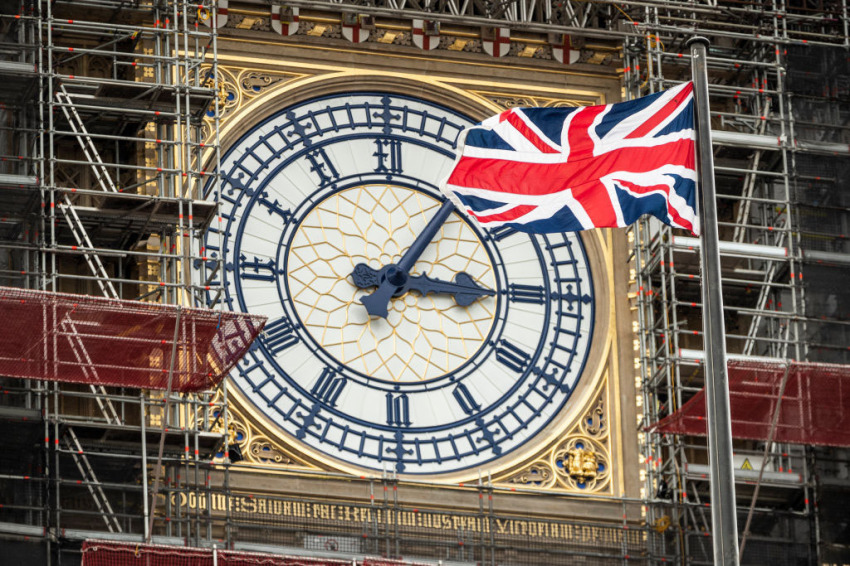UK scraps plans to allow trans-identified people to change sex ID without medical examination

The U.K. government has scrapped proposed revisions to the Gender Recognition Act that would have allowed transgender-identifying individuals to change their sex listed on documents without a first having a medical examination to diagnose gender dysphoria.
The announcement comes approximately two years after the government signaled its plans to allow trans-identified people to identify their chosen sex on legal documents. The reversal comes after significant pushback from women's rights campaigners who have argued that self-ID undermines women's sex-based rights.
Government ministers decided that “proper checks and balances in the system and also support for people who want to change their legal sex” already existed within the legal regime, The Independent reported Tuesday.
As it stands, anyone wanting to change their birth sex on legal documents must file an application along with two reports from a doctor or psychologist stating they have suffered from gender dysphoria to obtain a gender recognition certificate.
According to the BBC, U.K. Equalities Minister Liz Truss said in a statement that GRA reform was “not the top priority for transgender people."
“Perhaps their most important concern is the state of trans healthcare,” she said, in a statement supplied to members of parliament.
“Trans people tell us that waiting lists at NHS gender clinics are too long. I agree, and I am deeply concerned at the distress it can cause.”
Truss' statement comes amid ongoing scrutiny of transgender medical practices in the U.K. Earlier this year, a formal clinical review was set in motion to investigate both the safety and efficacy of puberty-blocking drugs and the rules pertaining to parental consent before a child undergoes body-altering medical procedures.
Truss added that the 2010 Equality Act "clearly protects transgender people from discrimination."
“The same act allows service providers to restrict access to single-sex spaces on the basis of biological sex if there is a clear justification," she said.
The government further promised to reduce the time involved in applying for a certificate and lowering the expenses associated with it to make the process "kinder and more straightforward."
Presently, obtaining a GRC costs approximately $178 (£140).
LGBT activist groups expressed disappointment with the action, saying the administrative changes were not enough.
"While these moves will make the current process less costly and bureaucratic, they don't go anywhere near far enough toward meaningfully reforming the Act to make it easier for all trans people to go about their daily life," argued Nancy Kelley, chief executive of Stonewall UK, the nation's largest LGBT activist organization.
By contrast, Fair Play for Women, a group that defends women's sex-based rights, lauded the move, saying that Truss and the government had "acknowledged women are stakeholders too and policies must fairly balance the conflicting rights of trans people and women."
Around the Western world, the conflict over so-called transgender rights has largely centered around how the immutable trait of biological sex is defined in law as a civil rights category alongside the concept of "gender identity," which has often been described as a psychological feeling or "internal sense" of ones gender yet has no material basis. Critics of gender identity ideology and legislation, particularly some feminists, have long asserted that sex-based rights, many of which were hard-won, are significantly undermined with such redefinition.



























